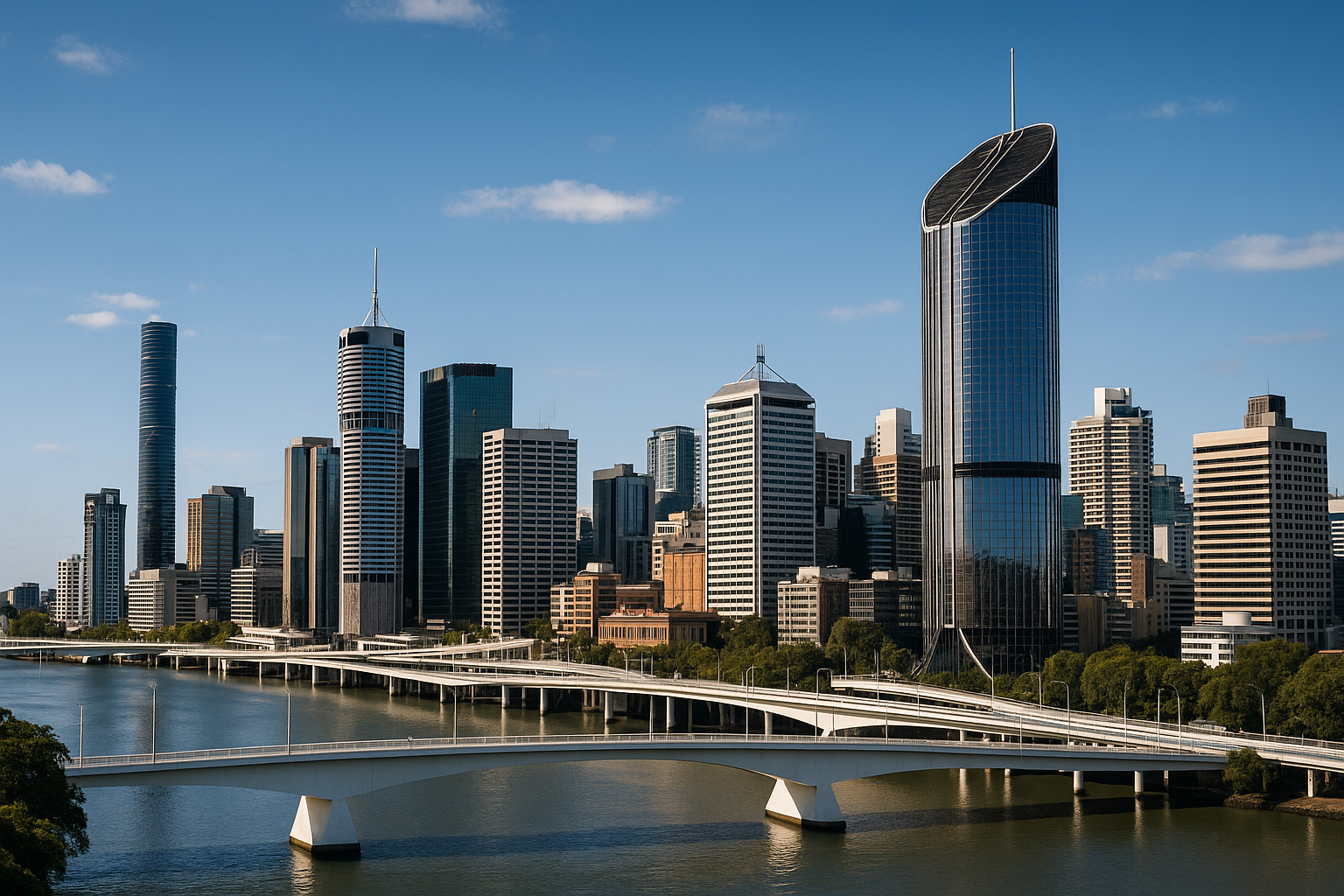How To Negotiate A Commercial Lease
Negotiating the best deal on a commercial lease is critical as it has ongoing financial and legal implications for an organisation.
Commercial property leases include complex terms and conditions that are important to get right. From managing costs and negotiating an appropriate gross face rent, to incentives and determining the gross effective rent, to all your end of lease obligations, the terms of your commercial lease will have a substantial impact on future lease expenses.
By getting the right advice - and the right deal - you can gain fair market terms for your property lease.
So, how to negotiate a commercial lease? Here are some key factors to consider.
Research the Market and Determine Your Requirements
When looking for a commercial property lease, it is important to assess your needs for space, location and the technology and amenity for staff.
As a starting point, how many workers do you currently have now & expect in the short to medium term future and what do they require? All these traits will determine how many square metres of office space you will need. Some suggest about 8-12 sqm per person, and the National Construction Code stipulates at least 10 sqm per person. This workplace ratio is typically based off the air conditioning system certification and how many staff can legally occupy your tenancy without supplement air conditioning units.
But there is more to an office than just the workstation area. Consider the location and access to transport for staff. Amenity such as end-of-transport facilities can also be a drawcard for some businesses.
Your budget is also critical, and will determine the quality or building grade of office available to you. Understand the difference between gross rent - which is where the tenant pays one figure for office rent and outgoings, and net rent where there is two separate bills being for the office rent & outgoings. The main difference is being able cash flow your costs for cash flow. This may have a material impact on costs. Potential lessors should also consider any incentives, especially short-term incentives, that may change the cost structure over time.
Engage a professional commercial property agent as they will provide expert insights into market conditions, terms, and other clauses for consideration.
Public listings from agents on sites such as Real Commercial will allow you to check what is on the market in your price range.
Understand the Lease Terms & Conditions
The most important term in the lease agreement is likely the amount of rent. This is the amount payable by the tenant to the landlord for the use of the commercial space over a set period of time. Understand how it is calculated (for example, gross face rent or gross effective rent), and how and when it can be changed.
Incentives are discounts or rebates paid by the landlord to attract tenants, including rent-free periods, fitouts to lure new tenant lease commitments to their building. Clarify the specifics and any conditions attached.
The length of the lease, the lease term, is how long the agreement will last. There may be renewal options, when the has the right to extend beyond the initial term. Review lease term, especially notice periods, rent reviews, termination clauses, and other renewal options to make sure they meet your organisation’s needs.
It’s also important to understand the make good requirements at the end of the lease, and the costs that may result. Further, commercial leases often require the tenant to provide some form of security, such as a bank or personal guarantee.
Evaluate Your Negotiating Power
There are a few factors that will influence lease prices and availability. Stay across market demand and supply and competition as they have a critical impact. When vacancy rates are high, prices will be lower and incentives higher.
If the rent is set, you may be able to negotiate other terms. There could be scope for a longer or shorter term, or greater flexibility regarding termination of the lease. Perhaps additional fitout or fixtures could be included.
Environment, social and governance (ESG) requirements are being strengthened for some companies, especially internationally-based organisations. Assessing these factors through their Green Star rating, NABERs energy rating or other metrics can assist.
Prepare for the Negotiation
When determining your commercial lease, come prepared with your market research, requirements and where you may be willing to make concessions. Highlight your value as a tenant. It could be that you are a high-profile organisation with a strong covenant or attract foot traffic to an area. Alternatively, you have strong financial performance and a growth outlook. Know what you want and where you will be flexible. The key to prepare for negotiation is to be across recent lease transactions, similar to the residential world where you can research recent sales evidence.
How to Make an Offer and a Counter-Offer
Know your best-case terms and your worst-case terms within the budget for your lease agreement. When making your initial offer, highlight the strengths your business may bring to the landlord or asset owner. Understand that this may not be accepted, however.
When responding to counter-offers, evaluate the proposed changes and their impact on your business.
Conversely, if you are coming back with a counter offer, consider signing it to demonstrate your seriousness and commitment. Some people find a “subject to Board review” clause can help to secure the terms tentatively while reserving the right to withdraw or renegotiate if necessary, pending Board or internal review. It provides you with a safety net to withdrawal the offer if required and flexibility during the negotiation process.
Overall, remain flexible and consider all options.
How to Finalise the Lease Agreement
Finally, an agreement for your new tenancy has been reached that successfully meets the needs of both parties. At this point, it may be prudent to seek legal advice to review the lease terms and conditions – including the handover arrangements at the beginning and end of the lease – and ensure compliance with any requirements. Lawyers who are experienced in commercial property transactions can identify potential pitfalls but also advise on your rights and obligations. This can help to protect your interests in the long term.
Successfully Negotiating Your Commercial Lease
Negotiating a commercial lease that meets your business’s needs and budget is crucial for long-term success.
By understanding the market, lease terms, and negotiation dynamics, and by leveraging your position effectively via track changed counter response, you can secure a lease agreement that supports your business's growth.
Seek professional guidance throughout the process to navigate complex terms or potential legal issues and make informed decisions.
.svg)


